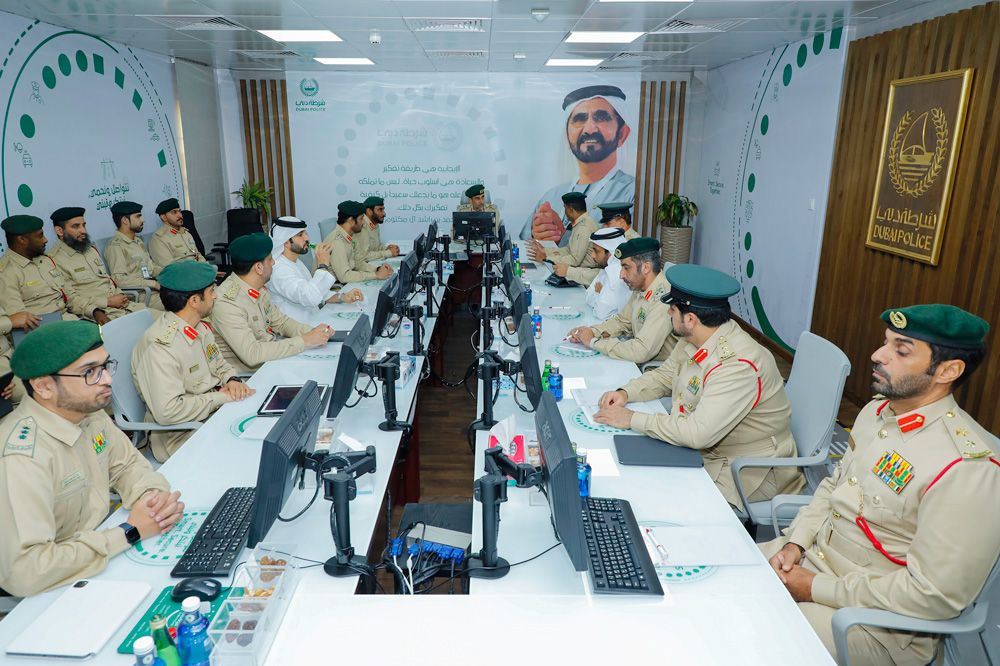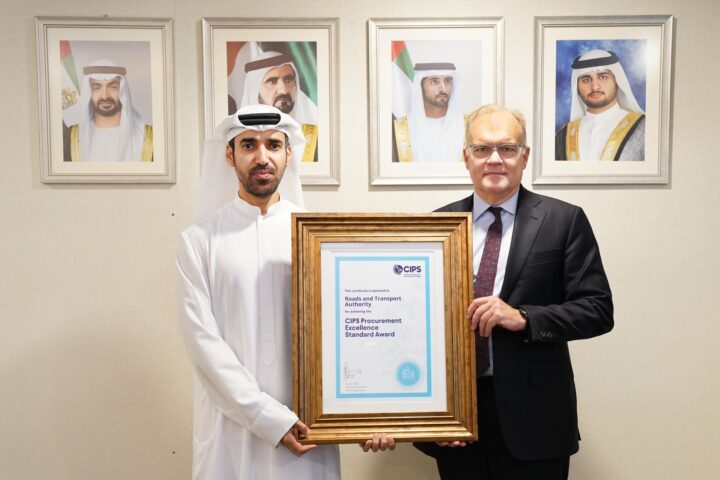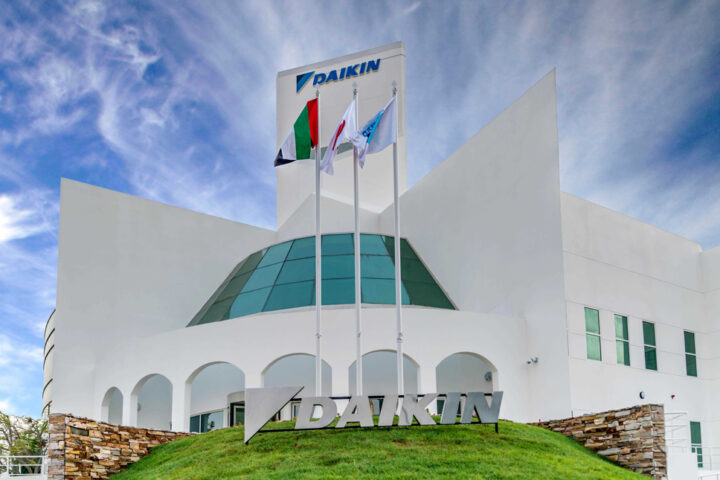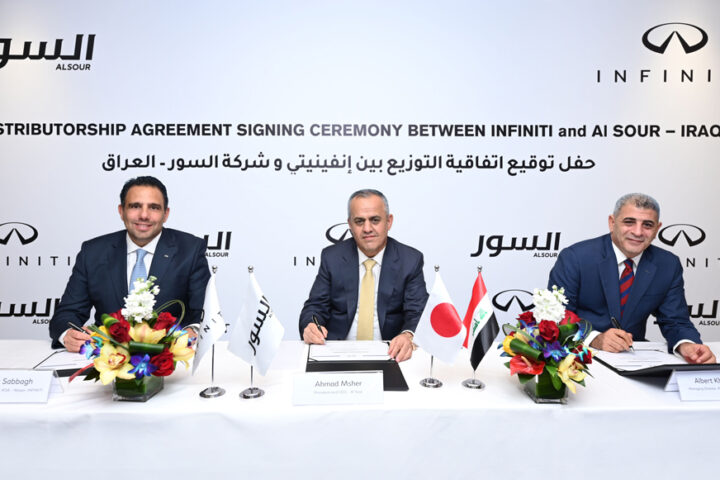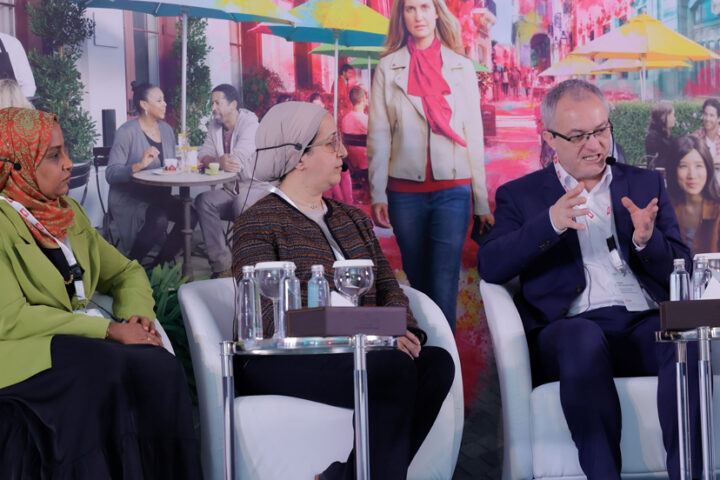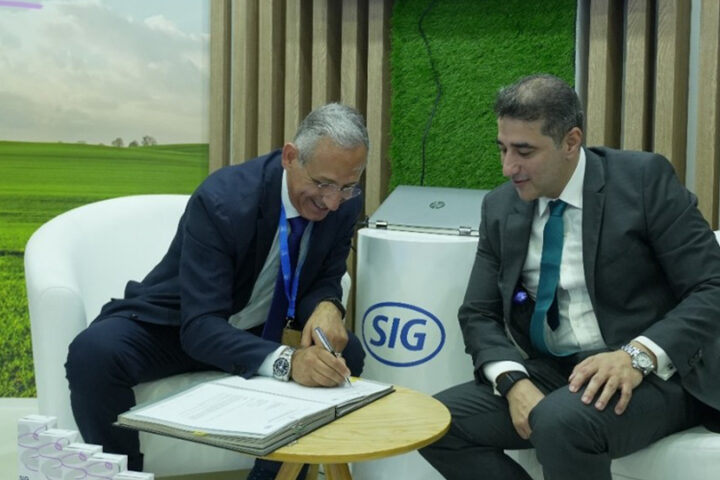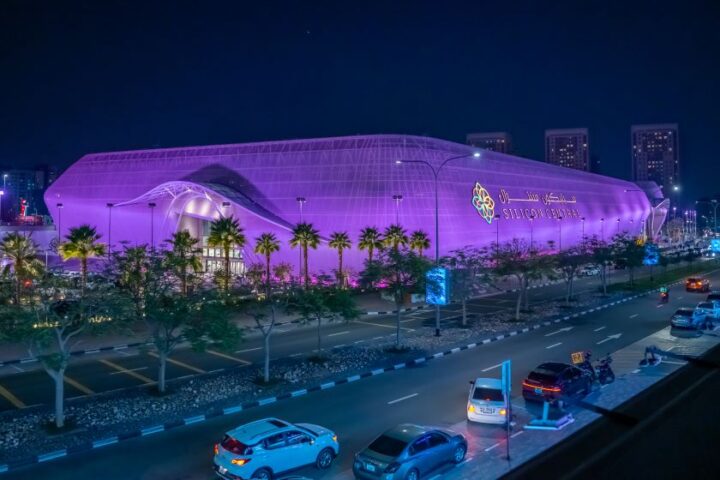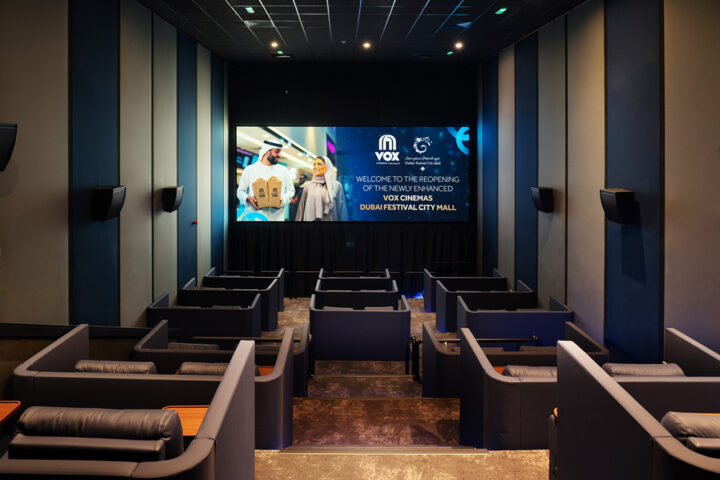The absence of Pakistani regular media overseas has created an opportunity for alternative media to step in and fill the informational gap as the boundaries of journalism have expanded significantly in the modern interconnected world.
The digital age has given rise to citizen journalism, specialized reporting, use of multimedia and ethical challenges.
Although, the new media has enriched the profession and empowered the individuals to participate in the news process posing challenges to the credibility of the information and financial sustainability of the professionals.
Pakistani digital diaspora made an impactful emergence within the field of journalism in recent years as technology connected the people across borders enabling them work remotely.
Staying connected to their roots, Pakistani content creators living abroad are playing their role to contribute significantly to the digital revolution.
Although, their real profession is different from what they feign, a number of Pakistani workers residing overseas are used to impersonate themselves as journalist in order to foster relations with local or fellow persons possessing conducive positions.
Equipped with smartphones and rudimentary journalistic knowledge, they navigate the intricate world of media, all while keeping their true vocations a closely guarded secret. However, the ethical implications of this practice cannot be ignored. Impersonating as a journalist not only undermines the credibility of the profession but also poses risks to the genuine fellow professionals. It blurs the lines between real journalism and mere opportunism, leading to skepticism among the public about the authenticity of content.

These self-styled and half-cooked media practitioners are mostly use social media to publish targeted information and some of them exert influence to get some space on the colour pages of the regular Urdu newspapers with the use of their good offices back in Pakistan.
Moreover, self-styled journalists often lack the training and adherence to ethical standards that professional journalists uphold. Their approach to reporting can be hasty and unverified, potentially spreading half-truths and misinformation.
With its low entry barriers,the social media has become a breeding ground for these self-styled media practitioners. Unlike established journalists, they may lack formal training and journalistic ethics, leading to the term half-cooked being used to describe their professional approach.
However, their role cannot be underestimated for their contribution to the level of consumption of the content by the targeted audience.
The adept use of social media is another noticeable characteristics of these practitioners to target a certain social group to impact the opinion.
They leverage platforms of social media like facebook, youtube and webpages to share content that resonate within their social networks.
This approach has allowed them to make inroads into rank of influencial personalities around them.
Some of them succeed in bridging the divide between the social media and traditional print media.

The popular social media platforms like facebook and youtube are the main source to get published their content.
These two tools can be used to guage the pattern of their activities and content they use to target the audience.
I have noticed that some Pakistani workers living in an Arab country, use social media to publicise certain personalities, businesses and even themselves. One can also witness their presence in the inaugurational events of restaurants and other businesses.
Some of them are found posting their selfies with public figures like politicians, government officials and actors to get themself highlighted and in some cases for personal benefits.
In the digital age, the emergence of self-styled and half-cooked oversease media practitioners is a testament to reshaping the way information is disseminated and consumed through social media posing threat to the importance of responsible journalism.
In order to ensure the accuracy and integrity of the information shared with the public sphere, there is need to implement mechanisms like fact-cheking.
By Muhammad Arshad
The writer is a freelancer: mediacares@gmail.com


